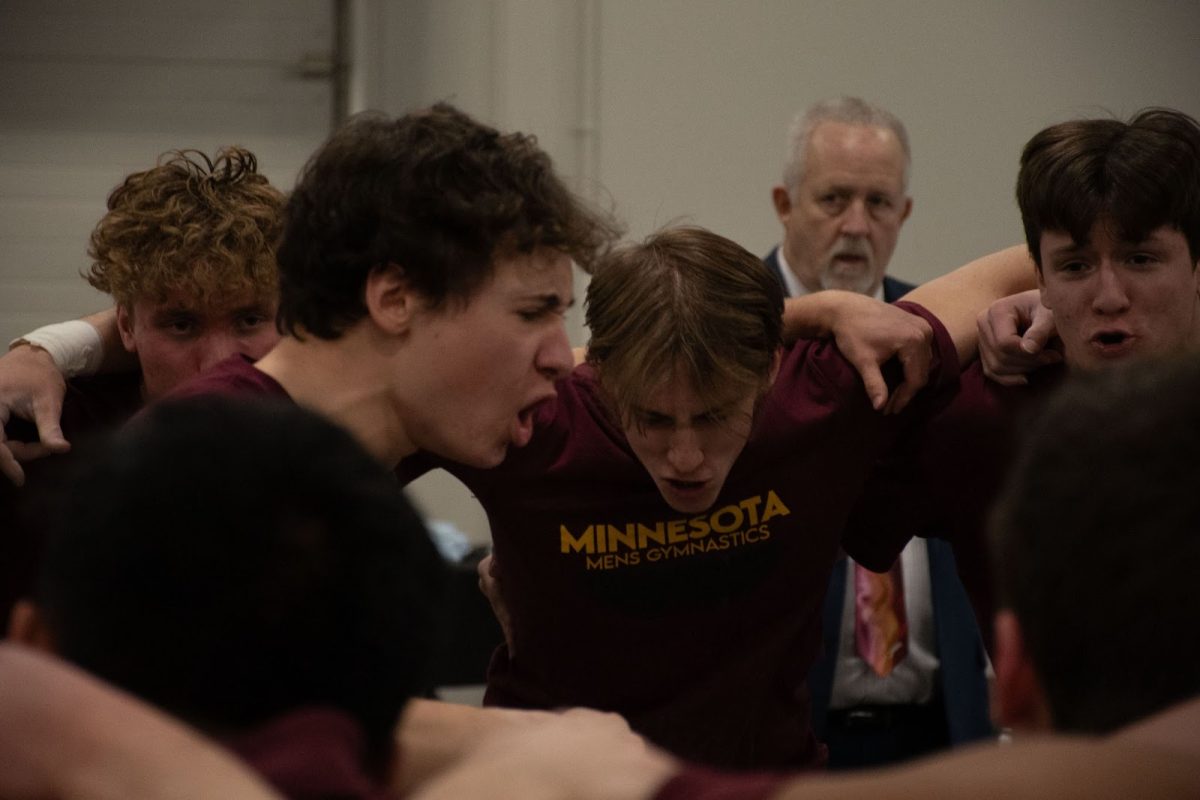For most American citizens, visiting Cuba is almost impossible.
But for New York Times reporter Anthony DePalma, getting into the country was less of a problem.
The reporter – who once served as the newspaper’s bureau chief in Mexico and Canada – came to Coffman Union on Monday night to talk about media’s role in Fidel Castro’s rise to power as Cuba’s dictator.
In August 2005, DePalma went to Cuba to do research for a book he was writing on media’s relationship with Castro.
Throughout the discussion, DePalma offered his views on what he thinks is going to happen in Cuba after Castro, who is 80 and in poor health.
He said Castro’s brother Raul, slated to take over after his death, doesn’t have as much support with the Cuban people or as much personality as Fidel does.
“In order to retain their loyalty, he is going to have to make changes in the economy giving the people access to basic necessities like electricity and water,” DePalma said.
In the discussion, DePalma told the story of Herbert Matthews, the New York Times reporter who first announced to the world that Castro was, in fact, not dead after a failed attempt to oust Fulgencio Batista in 1956, as originally was reported.
Castro waited months before seeking out a foreign correspondent to tell his story. After Matthews was granted an exclusive interview with the rebel – which he conducted secretly disguised as an American planter in the mountains – the New York Times printed his firsthand account of the meeting on the front page.
Many accused Matthews of painting too positive a picture of Castro, helping boost his popularity among Cubans and even Americans, DePalma said.
“(Matthews) presented a vision of a Robin Hood-like defender of the Cuban constitution and democracy,” he said.
Although at the time Castro said nothing to Matthews about his ambitions to become Cuba’s leader, they became clear in 1959 when he led the revolution that successfully removed Batista from power.
During the first few years of Castro rule, Matthews and Castro maintained a close relationship. The dictator even awarded him a medal for being a “friend of Cuba” and he is still seen by some as a hero in Cuba, DePalma said.
But in the United States, Matthews was condemned and even investigated by the FBI for his reporting.
In his book, DePalma explores Matthews’ contribution to Castro’s reputation preceding the revolution as well as whether the dictator’s charisma seduced the reporter, affecting his writing.
University librarian Rafael Tarrago, who was born in Cuba and left the country in 1966, when he was 14, said the quality of life in Cuba did improve for some after Castro came to power, but has failed to live up to his promises.
“Before Castro, the state of the countryside was neglected and when Castro offered the roads and other services, they had to flock to him,” Tarrago said.
He said that even though some Cubans are unhappy with Castro’s communist ideology, they are too afraid of change to do anything about it.
But Castro’s brother Raul probably will have to open the economy a little and give Cubans more economic freedom, if not more human rights, he said.
Carol Byrne, president of event sponsor Minnesota International Center, said the goal of their discussions is to increase public awareness of global affairs.















